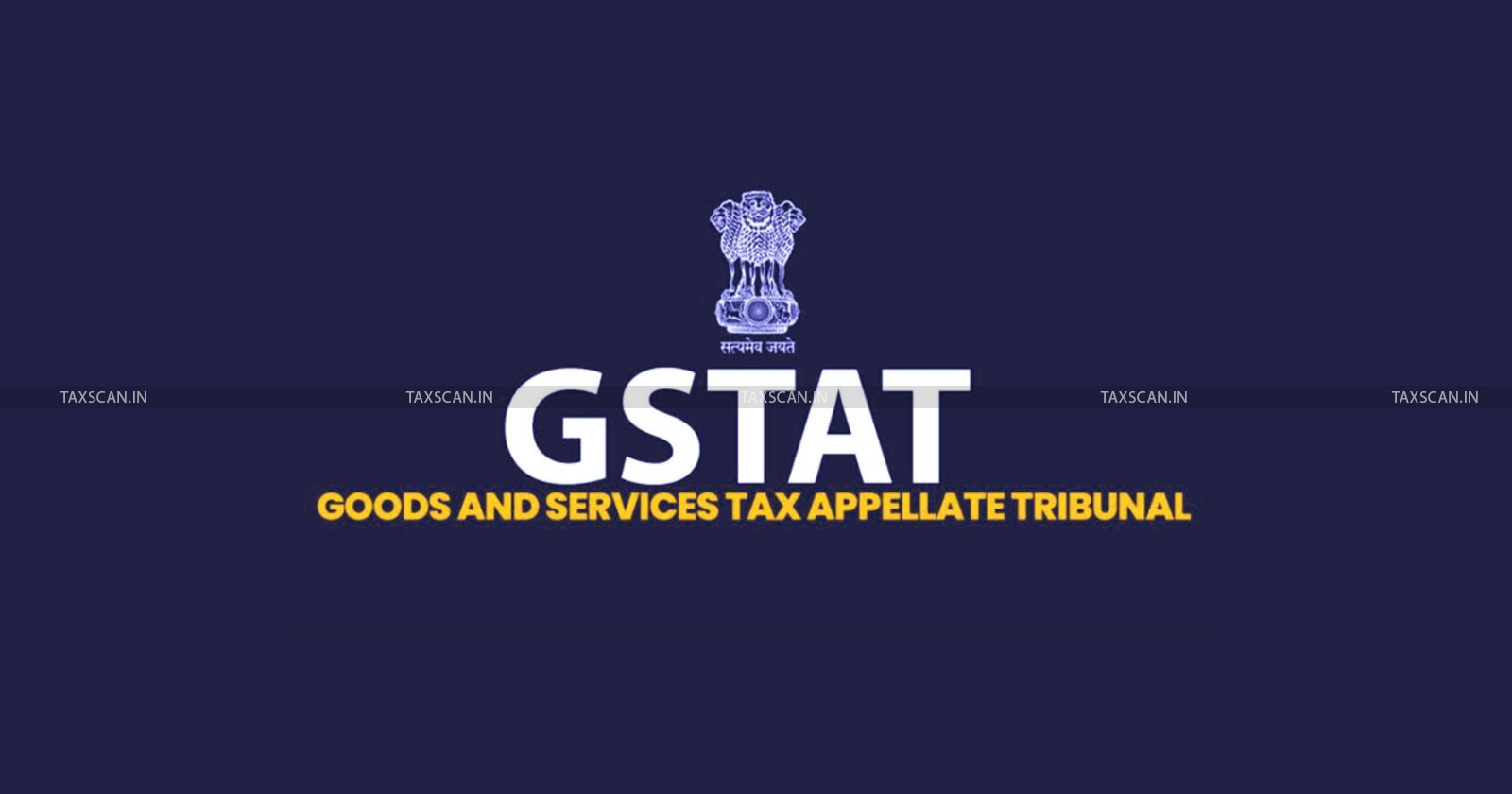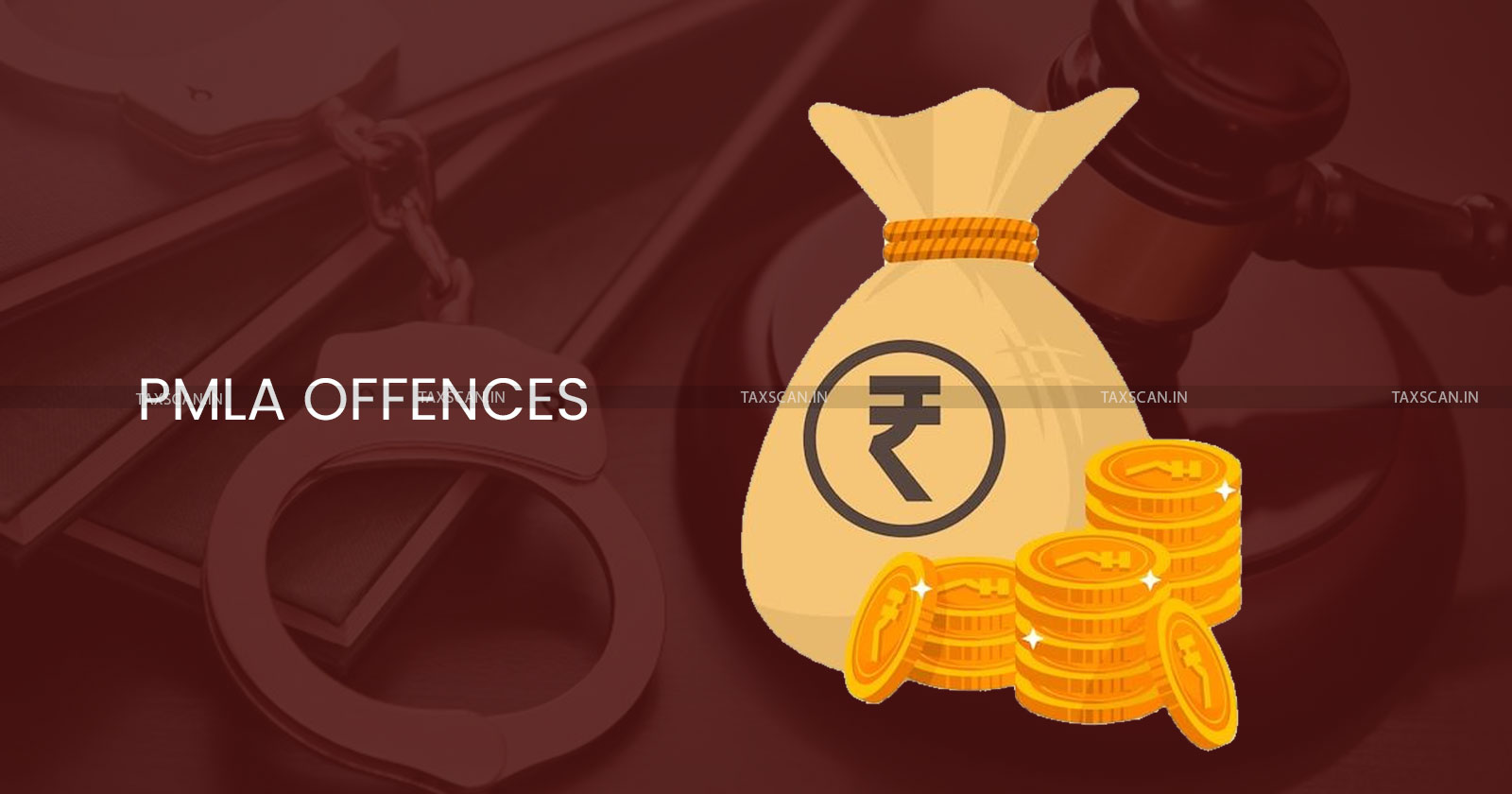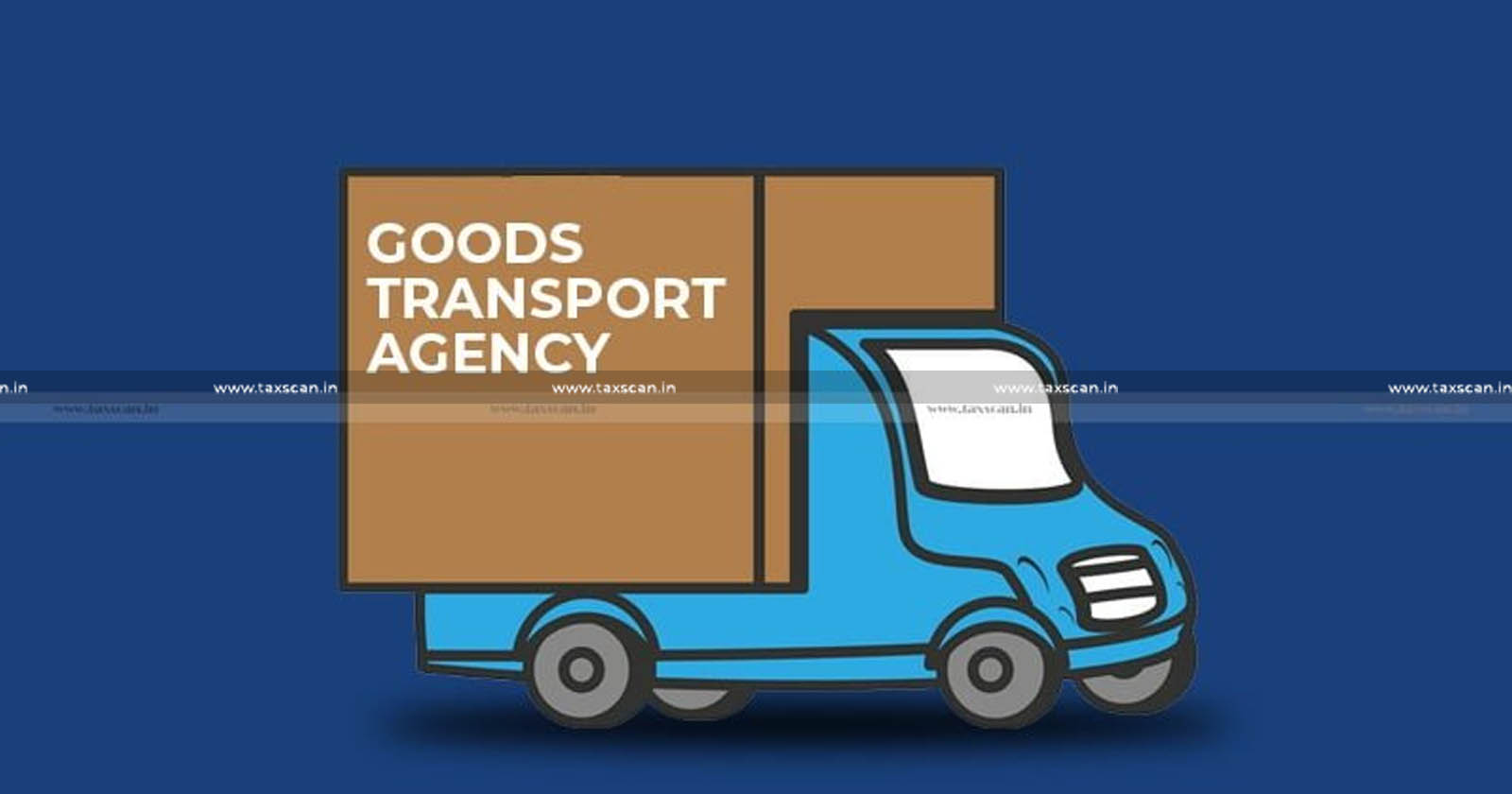Union Of India vs Mohit Minerals: Restoring Balance in the GST Framework
In UOI vs Mohit Minerals, the Supreme Court held that levying IGST on ocean freight under the CIF contracts through delegated legislation was unconstitutional, as it results in double taxation and lacks proper legal foundation.
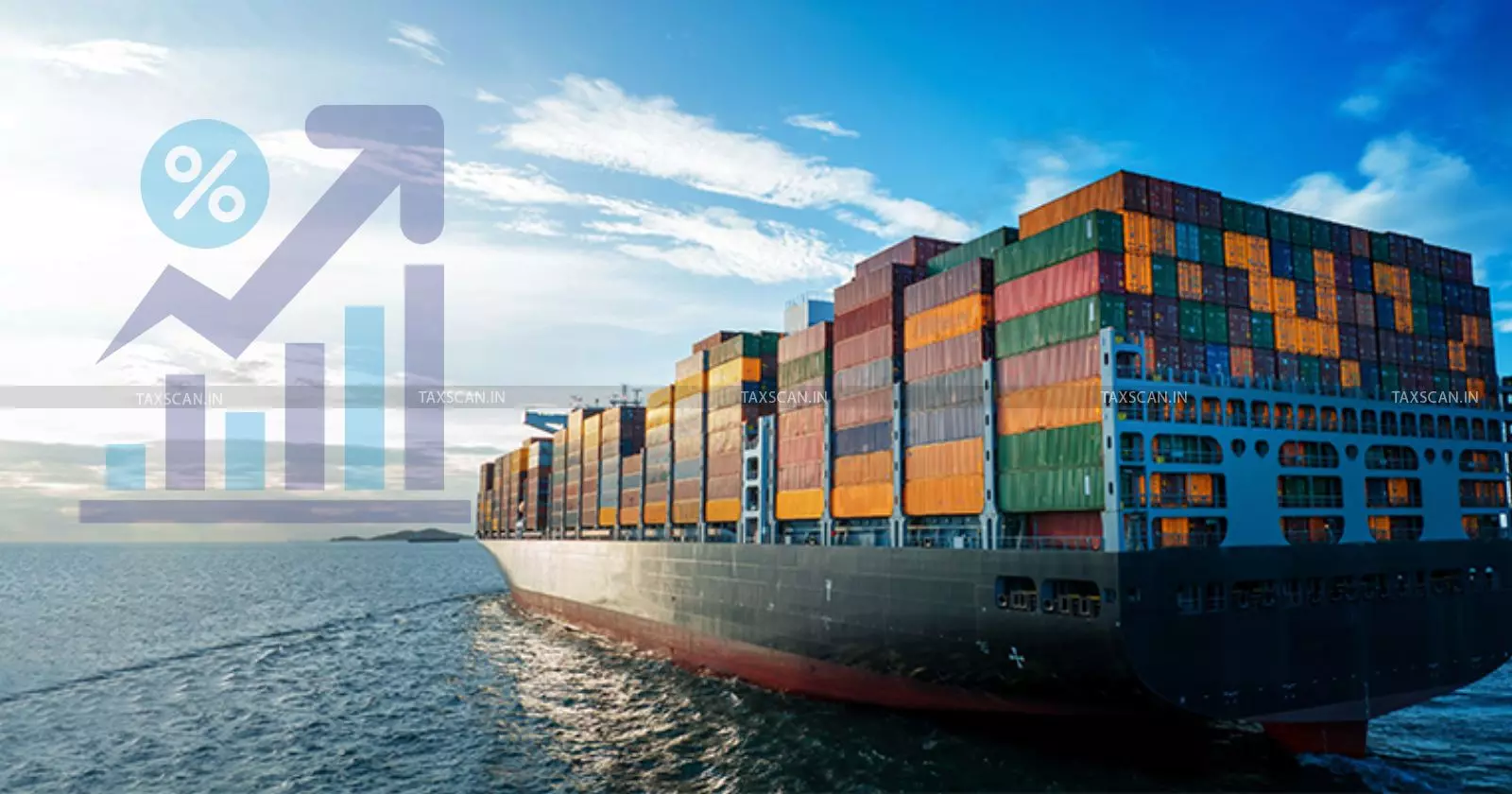
In the changing world of indirect taxation, this landmark decision by the Supreme Court of India addressed the constitutional and statutory validity of levying Integrated Goods and Services Tax (IGST) on ocean freight under Cost, Insurance, and Freight (CIF) contracts.
The case challenged the extent of delegated legislation under the Goods and Services Tax (GST) regime, raising basic questions about the identity of a "recipient" of services. The case emphasizes the principle of double taxation and the sanctity of legislative boundaries.
This case was not just about shipping coal from Indonesia, South Africa, or the U.S., but was about whether the GST framework had progressed beyond the borders of its statutory and constitutional authority. The judgment shed light on a complex area marked by unnecessary taxes and jurisdictional overstep.
Step by Step Handbook for Filing GST Appeals, Click Here
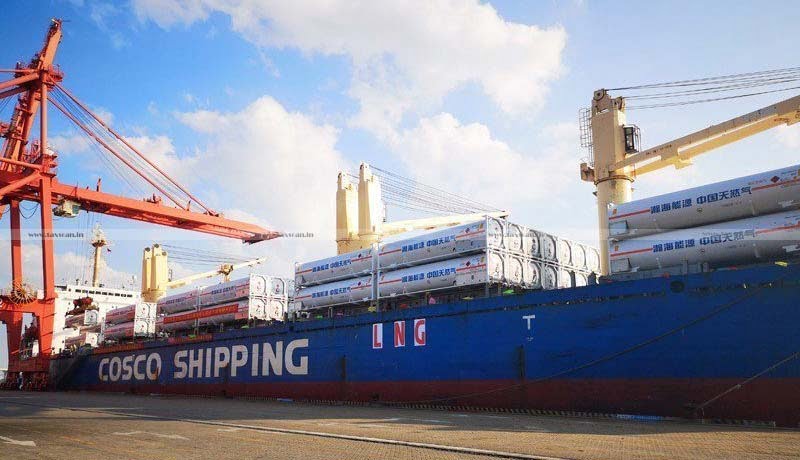 Also Read:IGST on Ocean Freight: Higher Margin of Tax on Indian Shipping Lines will Drive them Out of Business, rules Supreme Court [Read Judgment]
Also Read:IGST on Ocean Freight: Higher Margin of Tax on Indian Shipping Lines will Drive them Out of Business, rules Supreme Court [Read Judgment]
IGST on Ocean Freight in CIF Contracts
Under a CIF (Cost, Insurance, and Freight) contract, the foreign exporter bears the cost of transporting goods to the Indian port, including ocean freight and insurance. The Indian importer pays a single consolidated price for the goods, which already includes these components.
The Integrated Goods and Services Tax (IGST) is levied on imports in India, typically on the total CIF value of the goods. However, in addition to this, the government had issued notifications requiring importers to separately pay IGST on the ocean freight component under a reverse charge mechanism, even though the importer was neither the one who contracted for the freight service nor paid for it directly.
This raised questions around double taxation, since ocean freight was already part of the taxable CIF value, and about the scope of reverse charge applicability, especially in cross-border service scenarios. The issue involves interpreting who the actual “recipient” of service is, and whether such a levy can be sustained within the GST framework.
Know How to File Appeals in GSTAT - Click Here
Facts of the Case
Mohit Minerals, a Gujarat-based company, imported non-coking coal on CIF terms. Under these contracts, freight was arranged and paid for by the foreign exporter to foreign shipping lines. The Indian importer (Mohit Minerals) had no direct involvement in the freight transaction as they simply paid customs duty on the full CIF value of the goods at the time of import, which already included the freight charges.
However, two GST notifications introduced a reverse charge mechanism (RCM), which required Indian importers to pay 5% IGST separately on ocean freight, even under CIF contracts where they neither contracted for nor paid for the freight directly.
Mohit Minerals challenged these notifications before the Gujarat High Court, which held them unconstitutional, and this decision was appealed to the Supreme Court by the Union of India.
Issues
- Whether the Indian importer, who is not a direct party to the ocean freight contract, can be treated as a “recipient” of service under GST laws?
- Whether IGST can be levied on ocean freight under CIF contracts via notifications without an express statutory authority?
- Whether this levy amounted to double taxation on the same transaction?
- Whether such taxation violated principles of territorial nexus and exceeded the bounds of delegated legislation?
Also Read: Case Digest on Rulings Related to Customs Duty Exemptions
Arguments Before the Court
Petitioner's Arguments (Union of India)
The Government argued that the levy is a reverse charge mechanism under Sections 5(3) and 5(4) of the Integrated Goods and Services Tax Act, 2017. It was argued that the Indian importers did not directly pay freight, and they are the ultimate beneficiaries of the transportation service, and thus qualify as a "recipient".
The notification simply identifies the importer as liable to pay tax is a valid act of delegated legislation. The aim was to create equality between Indian and foreign shipping lines. The IGST paid under customs and IGST on freight are two separate taxable events, one on the import of goods, and the other on the import of services.
The Government stressed that input tax credit (ITC) was available, meaning the importer would not suffer an additional financial burden.
Respondent’s Arguments (Mohit Minerals)
The importer was not the recipient under CIF contracts, as the foreign exporter contracted with and paid the foreign shipping line. The notifications created a fictional supply and levied tax on a non-existent service contract.
The double taxation occurred because ocean freight was already included in the CIF value on which IGST was paid at customs, and the government had already exceeded its powers under the IGST Act under Section 5(3) allowing specification of services and not designation of a new person as the recipient.
Therefore, the levy was extraterritorial, violating basic principles of indirect taxation under the Constitution.
Analysis
The Supreme Court, through a division bench, undertook a systematic analysis of the legal and constitutional inconsistencies in the Government’s position.
It held that in a CIF contract, the foreign exporter is the actual recipient of the ocean freight service and not the Indian importer. The CGST Act defines “recipient” as the person liable to pay consideration.
The Court also pointed out that IGST is already paid on the entire CIF value, which includes freight. Therefore, taxing the freight again under reverse charge created double taxation on the same component, which is a result not intended by the statute.
The Court also emphasized that delegated legislation cannot override or expand statutory definitions. The power to impose tax must be grounded in the parent statute, and notifications cannot create a new taxable person or event. The attempt to justify the levy on grounds of policy was deemed irrelevant in the face of clear statutory limitations.
Decision
The Supreme Court upheld the Gujarat High Court’s ruling and declared that the impugned levy imposed on the Indian importer to pay IGST on ocean freight under CIF contracts is ultra vires the IGST Act, and hence unenforceable in law.
The bench categorically ruled that the importer is not the recipient in CIF contracts and there is no statutory sanction for a separate levy on ocean freight in such cases. The delegated legislation cannot override the parent Act.
The principle of composite supply under the GST framework prohibits bifurcation of services in a bundled supply.
Understand the complete process and tax nuances of GST refunds, Click here
Future Impact and Extension
This ruling is a watershed moment in India’s GST jurisprudence, with far-reaching consequences that importers across India gained clarity, and the potential for retrospective demands was nullified.
It reinforced the principle that notifications must remain within the boundaries set by the statute and emphasized the doctrine of composite supply, which will play a significant role in other bundled service disputes.
It also signaled judicial resistance to tax overreach through delegated mechanisms, especially where statutory silence is filled by executive assumptions.
In Hero Motocorp Ltd. v. Union of India 2022 TAXSCAN (SC)178 (2022), Hero Motocorp raised concerns over being taxed separately for services that were already part of a single composite supply. The company argued that it was effectively being taxed twice on the same transaction. By relying on that Supreme Court ruling, the Delhi High Court reiterated that composite supplies must be taxed as a whole, not broken apart and taxed again under a different label.
Torrent Power challenged a reverse charge demand where it had no contractual role in receiving or paying for the service. The case is closely related to the situation in Mohit Minerals, where importers were made liable for freight payments they never made or contracted for. Referring to the Supreme Court, the Gujarat High Court in Torrent Power Ltd. v. Union of India (2023) held that you can’t impose tax liability on someone who isn’t the “recipient” as defined by the GST Act. The Court emphasized that the law in government notifications must define who is liable to pay tax.
Interglobe (which operates IndiGo Airlines) challenged a GST levy on lease payments made to foreign lessors. Since the transaction happened entirely outside India, the company argued that there was no valid territorial link for Indian tax to apply. The Delhi High Court leaned on Mohit Minerals to support the argument that a strong territorial nexus is essential for taxation. Just like in the ocean freight case, the Court in Interglobe Aviation Ltd. v. Union of India (2023) said tax can’t be imposed based on assumed benefit or convenience and must have a legal and geographic foundation.
The Bombay High Court in KPMG India Pvt. Ltd. v. CGST Commissioner (2024) emphasized that only Parliament can define how taxes are calculated, and delegated authorities must act within those limits, not outside them.
KPMG India had challenged a GST notification that tried to change the statutory method for calculating transaction value. The Court struck it down, relying on Mohit Minerals to affirm a basic principle that notifications issued by the executive can’t override or conflict with what the GST Act itself says.
Complete Referencer of GSTR-1, GSTR-1A, GSTR-3B, GSTR-9 & GSTR-9C - Click Here
Conclusion
In UOI vs Mohit Minerals, the Supreme Court did more than just quash a tax levy but also restored constitutional balance, protected taxpayer rights, and reaffirmed the supremacy of statute over administrative convenience.
By ruling against double taxation and clarifying the definition of "recipient" in the context of indirect taxes, the Court ensured that India's GST regime doesn’t drift into a space where delegated rules override legislative intention.
Indeed, this case will be remembered as a moment where the Court helped GST law anchor itself back to principle and purpose.
Support our journalism by subscribing to Taxscan premium. Follow us on Telegram for quick updates


